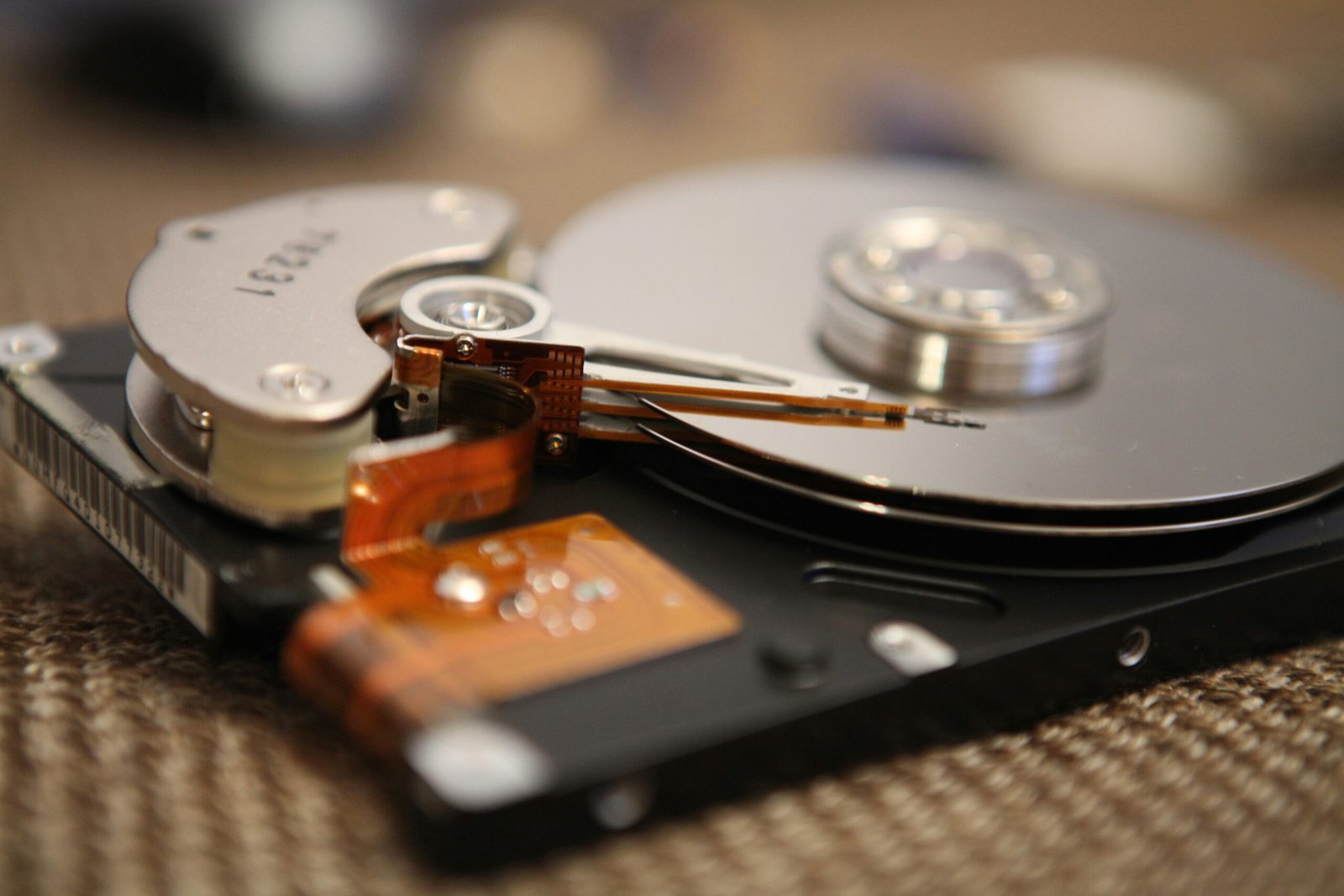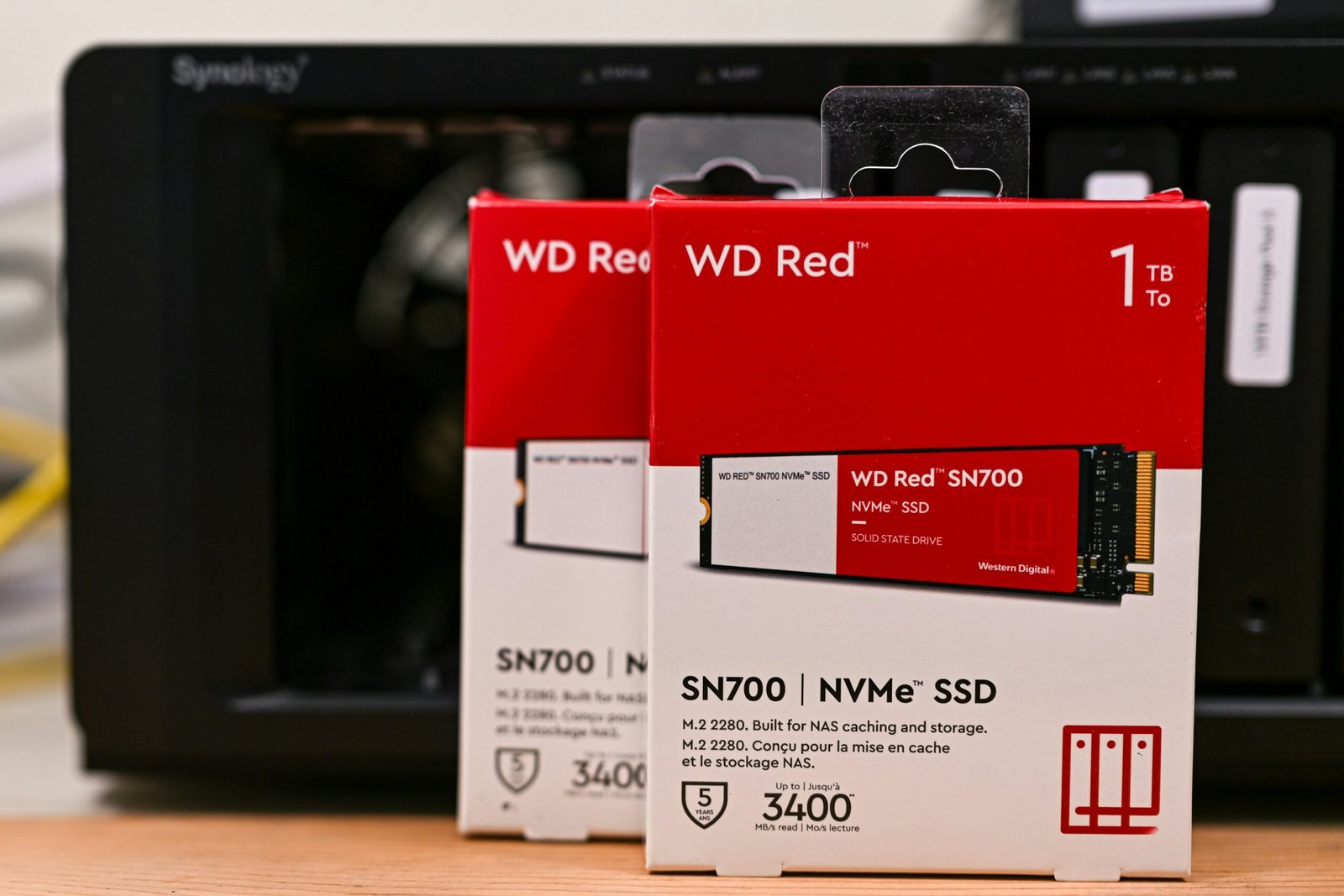What is a Hard Disk Drive?

A hard disk drive (HDD) is a type of storage device used in computers and other electronic devices to store and retrieve digital information. It is a non-volatile, magnetic storage device that uses one or more rotating disks, or platters, to store and retrieve data.
The hard disk drive is an essential component of a computer system, as it provides a long-term storage solution for operating systems, software programs, documents, multimedia files, and other data. It is commonly used in desktop computers, laptops, servers, gaming consoles, and external storage devices.
How Does a Hard Disk Drive Work?
A hard disk drive consists of several key components that work together to store and retrieve data. These components include:
- Platters: The platters are circular disks made of a rigid material, typically aluminum or glass, coated with a magnetic material. The data is stored on the platters in the form of magnetic patterns.
- Read/Write Heads: The read/write heads are tiny electromagnets located on an actuator arm. They are responsible for reading data from and writing data to the platters.
- Actuator Arm: The actuator arm moves the read/write heads across the surface of the platters to access different areas of data.
- Spindle: The spindle is a motor that rotates the platters at a high speed, typically measured in revolutions per minute (RPM). The faster the rotation speed, the faster the data can be accessed.
- Controller: The controller is a circuit board that manages the operation of the hard disk drive, including data transfer, error correction, and interface with the computer system.
When data is written to a hard disk drive, the controller sends electrical signals to the read/write heads, which magnetize specific areas of the platters to represent the data. When data is read from the hard disk drive, the read/write heads detect the magnetic patterns on the platters and convert them into electrical signals that can be interpreted by the computer system.
Advantages of Hard Disk Drives
Hard disk drives have several advantages that make them a popular choice for storage:
- Large Storage Capacity: Hard disk drives are available in a wide range of capacities, from a few hundred gigabytes to multiple terabytes, making them suitable for storing large amounts of data.
- Relatively Low Cost: Hard disk drives are more cost-effective compared to other storage technologies, such as solid-state drives (SSDs), especially for higher storage capacities.
- Compatibility: Hard disk drives are compatible with most computers and operating systems, making them widely accessible.
- Longevity: Hard disk drives have a relatively long lifespan and can withstand frequent read and write operations without significant degradation.
Limitations of Hard Disk Drives
Despite their advantages, hard disk drives also have some limitations:
- Mechanical Components: Hard disk drives consist of moving parts, such as the platters and actuator arm, which can be prone to mechanical failure.
- Slower Speed: Compared to solid-state drives, hard disk drives have slower read and write speeds, resulting in longer loading times for applications and files.
- Vulnerable to Physical Damage: Hard disk drives can be affected by physical shocks or vibrations, which may cause data loss or corruption.
Conclusion
A hard disk drive is a crucial component of a computer system, providing a reliable and cost-effective storage solution for a wide range of data. While it has some limitations, it remains a popular choice for many users due to its large storage capacity, compatibility, and longevity. However, with the advancement of technology, solid-state drives are becoming increasingly popular as they offer faster speeds and greater durability. Ultimately, the choice between a hard disk drive and a solid-state drive depends on the specific needs and requirements of the user.




